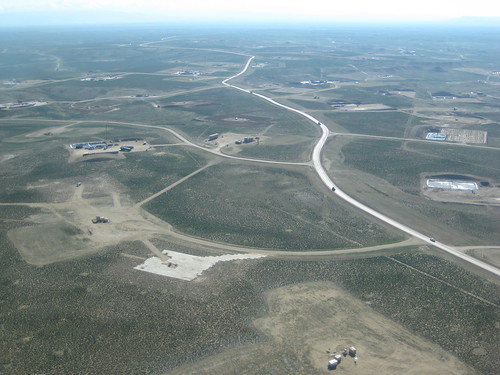
This article was originally published by the Council on Foreign Relations (CFR) on 5 January 2017.
The failure of Iraq, breakdown of Syria, and changes in Turkey have created opportunities for Kurds in all three countries. They are not quite the regional kingmakers that some Kurds have boasted they might become, but Kurdish political and military power is now a growing factor in Middle East geopolitics. This has produced not only unique challenges, but also new possibilities for U.S. policy in the region. As President-Elect Donald J. Trump shapes his administration and officials look at the Middle East beyond the battles against the so-called Islamic State in Mosul and Raqqa, they will have to come to terms with the Kurds, some of whom are intent on using their new clout and political developments around them to push for a sovereign Kurdistan.
It is unlikely that Syria’s Democratic Union Party (PYD) or its fighting force, the People’s Protection Units (YPG), or Turkey’s Kurdistan Workers’ Party (PKK) will realize their objectives of statehood, but Iraq’s Kurds may be in a far more advantageous position to press for independence. Significant obstacles remain for Iraqi Kurds, but the combination of regional instability, the coming liberation of Mosul, and the state of Iraqi politics may help advance the historic goals of Kurdish leaders.



